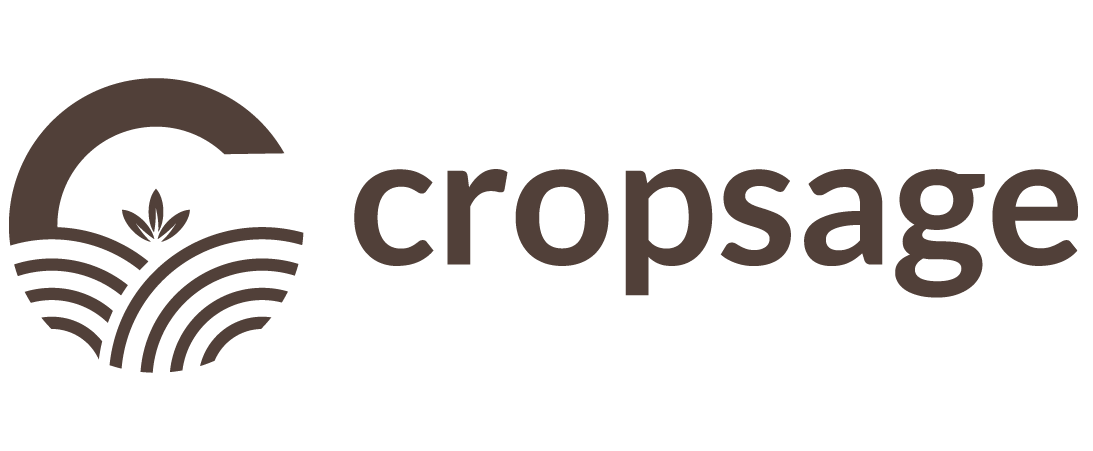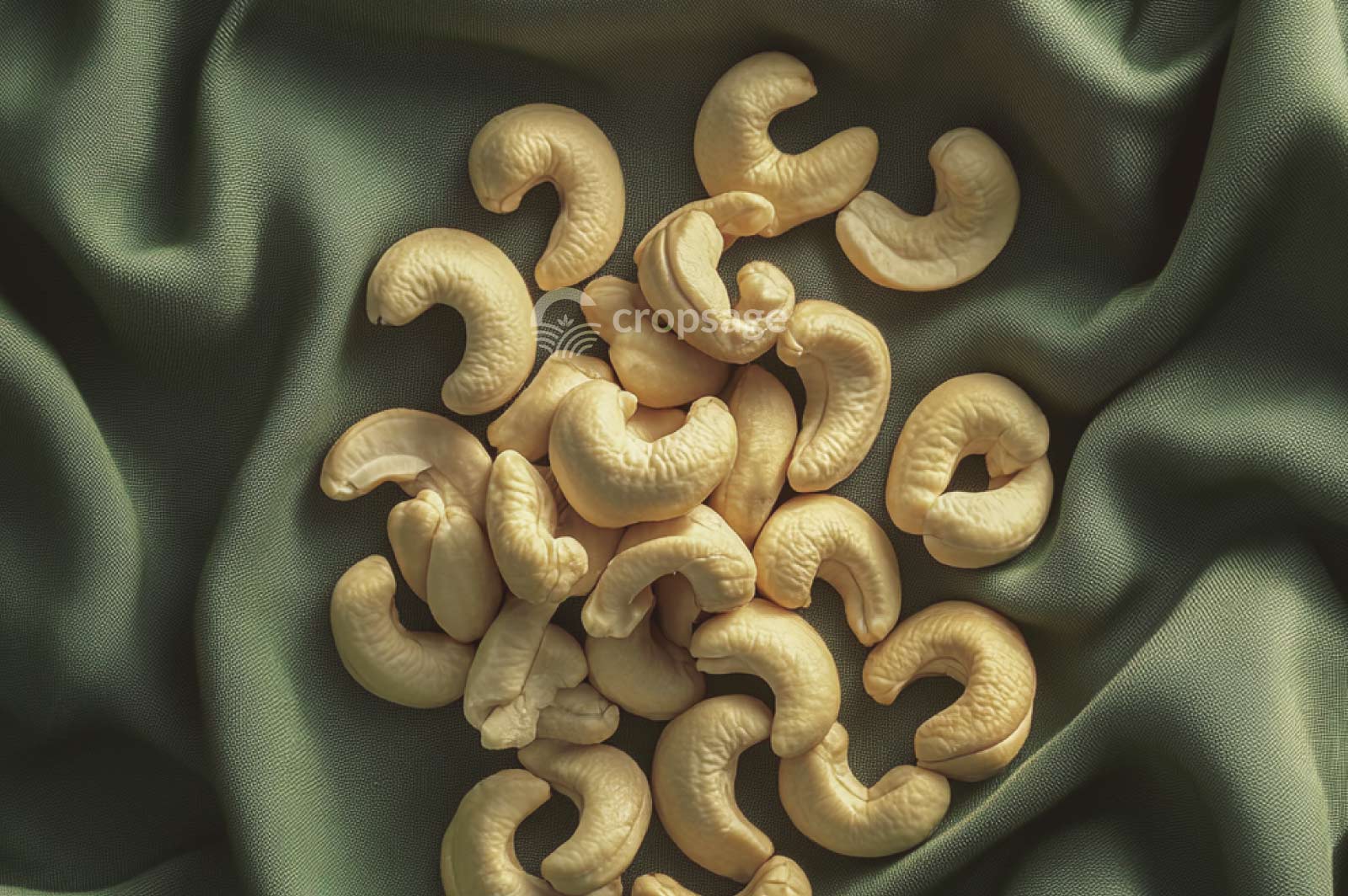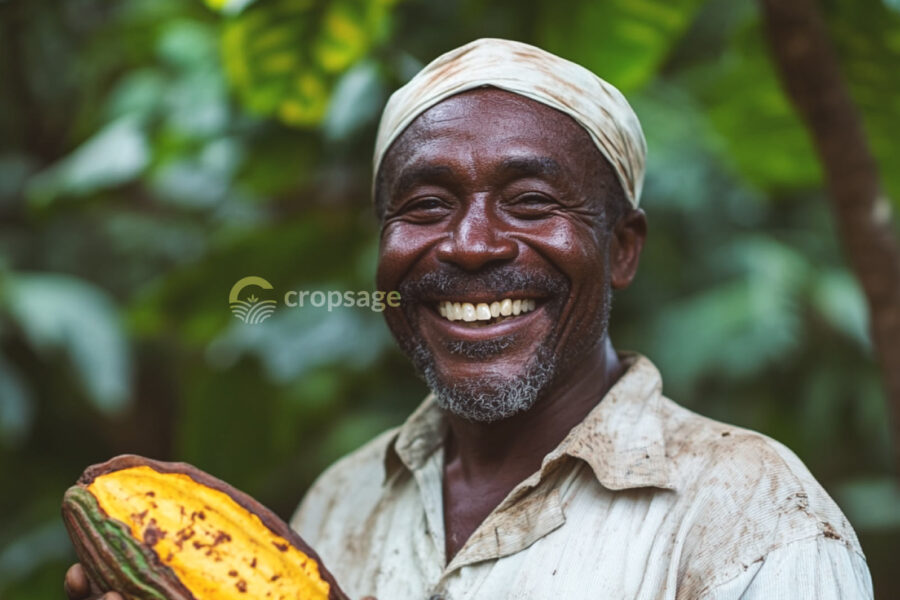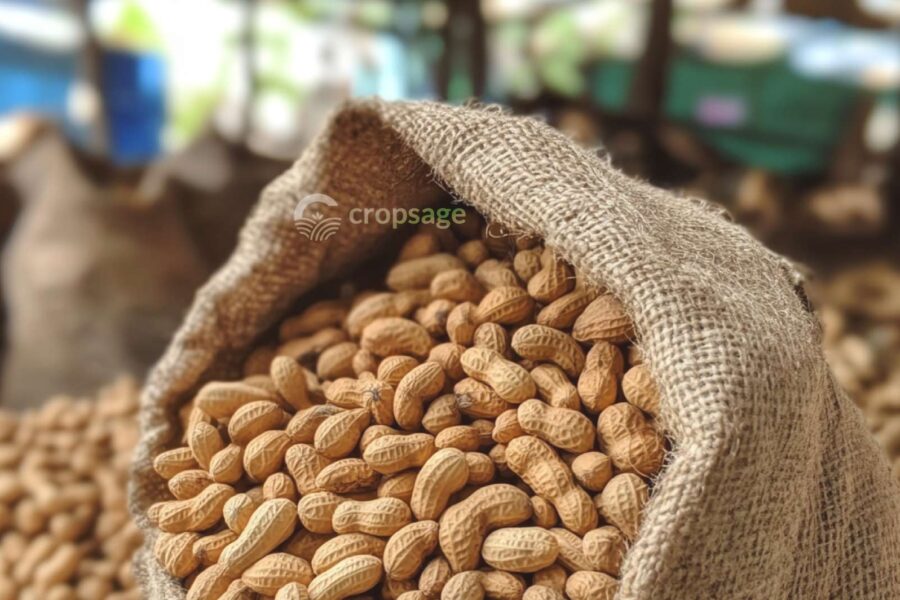Introduction
Nigeria is a leading producer of cashew nuts and shea nuts, contributing significantly to the global supply of these commodities. This blog explores the journey of cashew and shea nuts from Nigerian farms to global markets and offers insights into optimizing this process.
Cashew Supply Chain
- Sourcing:
- Nigeria produces approximately 220,000 tons of cashew nuts annually, with major production areas in Kogi, Kwara, Oyo, and Enugu states.
- Cashews are harvested from February to June. Farmers collect the nuts and sell them to local buyers, who aggregate larger quantities for processors or exporters.
- Processing:
- Only a small fraction of Nigeria’s cashew nuts are processed domestically. Most are exported as raw cashew nuts (RCNs) to countries like Vietnam and India for processing.
- Processing locally can add significant value. For instance, Cropsage’s ongoing development of a 20MT/day cashew processing facility in Kogi State aims to enhance local processing capacity, ensuring higher quality and compliance with international standards.
- Export:
- The export process involves shelling, drying, grading, and packaging the nuts. Ensuring quality and meeting international standards are crucial for maintaining competitive market positions.
- Exporters face logistical challenges, including high freight costs and long shipping times. However, effective logistics management can mitigate these issues.
Shea Nut Supply Chain
- Sourcing:
- Nigeria is also a major producer of shea nuts, particularly in the northern regions. Shea trees grow wild, and nuts are harvested by rural women between May and August.
- Harvested nuts are boiled, sun-dried, and sold to local cooperatives or directly to processors.
- Processing:
- Shea nuts are processed into shea butter, used in cosmetics and food industries. Local processing can significantly increase the economic benefits for rural communities.
- Investment in processing facilities and training for local women can improve efficiency and product quality.
- Export:
- Shea butter is exported mainly to Europe and North America. Ensuring that the butter meets the quality standards of these markets is essential for maintaining export growth.
- Proper packaging and storage are vital to preserving the quality during transit, as shea butter can be sensitive to temperature changes.
Optimizing the Nigerian Supply Chain
- Investment in Infrastructure:
- Developing local processing facilities and improving transportation infrastructure can reduce costs and increase the value added within Nigeria.
- Public-private partnerships can play a significant role in financing these improvements.
- Capacity Building:
- Training programs for farmers and processors can enhance productivity and product quality.
- Encouraging the formation of cooperatives can help smallholder farmers gain better market access and bargaining power.
- Market Access:
- Building strong relationships with international buyers and participating in global trade fairs can open new markets.
- Leveraging digital platforms for direct sales can bypass intermediaries, providing better prices for producers.
CropSage: Your Partner in Quality Commodities
At CropSage, we leverage rigorous quality control measures, and robust logistics network to ensure the highest quality cashew nuts and shea nuts are sourced, processed, and exported from Nigeria, guaranteeing that our products meet international standards and reach global markets efficiently. Whether you need large volumes or bespoke orders, CropSage is your trusted partner.
To learn more about how CropSage can meet your needs, Contact Us.
